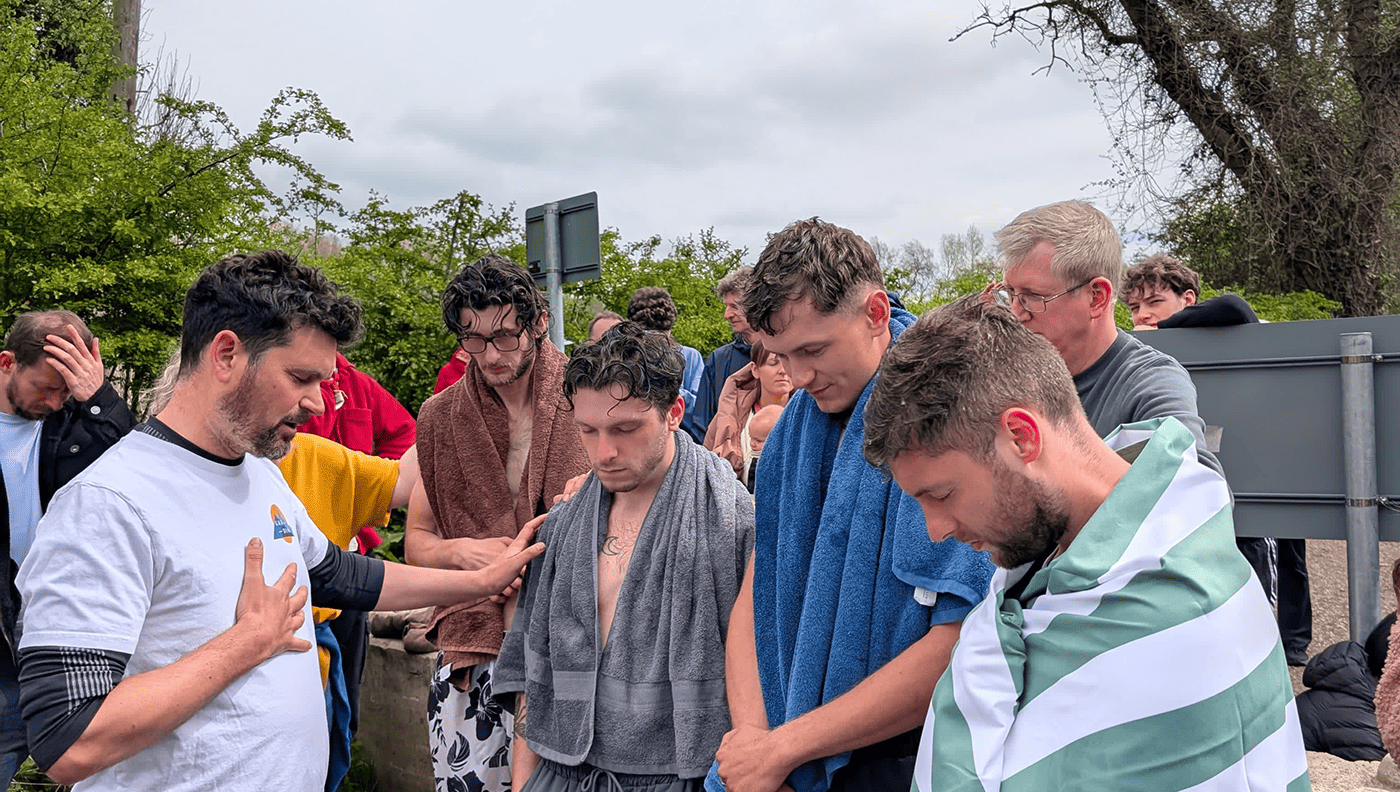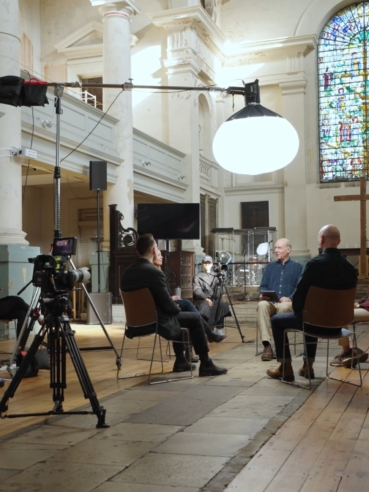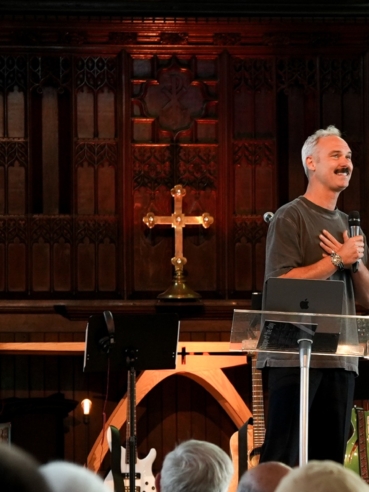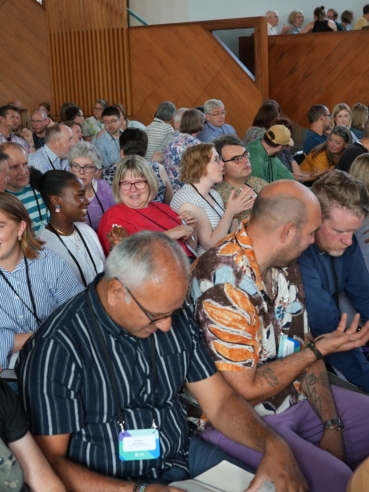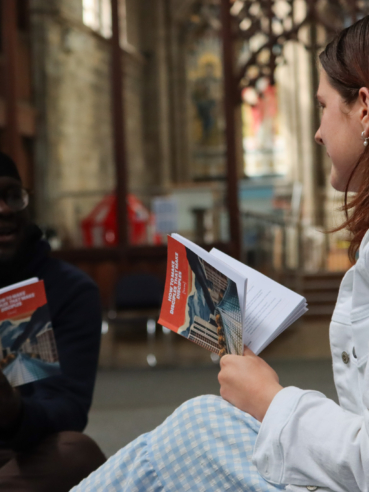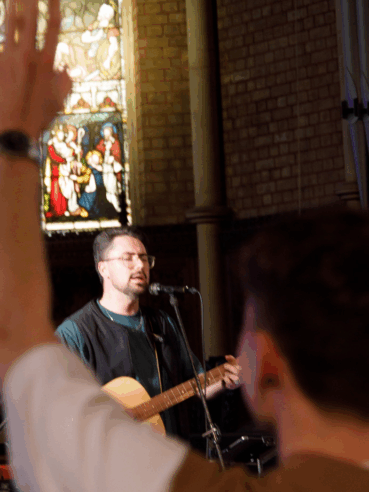A friend once reminded me: the fruit of an apple tree isn’t just an apple – it’s another tree. Few things are more exciting than seeing the seed of the gospel take root in a heart and grow into a new community.
Think like a gardener
This past year, I’ve watched a young adult gather friends to share food, scripture, and life. Some have come to faith, been baptised, and are now forming their own groups. What began as a simple meet-up is now a missional community – a church with a small ‘c’. My role has been to provide a trellis: governance, mentoring, safeguarding, encouragement, then step back and let them lead.
John 15 reminds us that God nurtures like a gardener. Rarely does anything grow in a straight line, and embracing that organic nature has been essential. Alan Hirsch says of the rich supply of organic imagery in scripture: ‘These images are not just verbal metaphors… They will need to be rediscovered, re-embraced, and relived in order to position us as Jesus’s people for the challenges and complexities facing us in the 21st Century’.
Pray: Listen to your soul and others
The Garden began as a space for my own renewal after ten years of planting and revitalising churches. I wondered if kingdom growth required constant funding and strategy, or if I could simply be a missionary again. During that season, I noticed good friends drifting through churches without settling. I jokingly called them ‘fidgeters’, until I learned the early monastics used a similar term, ‘peregrinati’, those who wandered, desiring simplicity.
Many had left church, but not God. Listening to them revealed that something new, and ancient, was growing.
Let go
From the start of the Garden, we have focused on simple discipleship practices and tried to leave the rest to Jesus. He says, ‘I will build my church’ (Matt 16:18), so resisting the urge to control whilst setting appropriate support is key. Stuart Murray says: ‘A disturbing number of churches… are lured away from their initial commitment to mission into ecclesiastical perfectionism.’ I am constantly surprised by fruit in unexpected places. It’s taught me to let go.
Liquid values
We draw on five values from Acts 2:42-47, helpfully abbreviated from Francis Chan’s We Are Church as D.L.E.S.S.; Devoted Worshippers, Loving Families, Equipped Disciple Makers, Spirit-Filled Missionaries, and Suffering Sojourners. These values act like fertiliser for the soil of our lives, providing a rootedness to all we do and are. In Acts 2.42-27 we find something of an early church recipe for home-baked community.
Practice the basics
My trumpet teacher once said, ‘If I teach you to learn the instrument, then you can play any music.’ It is similar with discipleship. Focus on practising the way of Jesus, and the church – the music – will follow. Dallas Willard wrote: ‘Jesus did not send his students out to start governments or even churches… They were to establish beachheads of his person, word, and power.’ So we began with simple, sustainable, and sociable meet-ups around core values. These beachheads have enabled flexible discipleship and growth in surprising places.
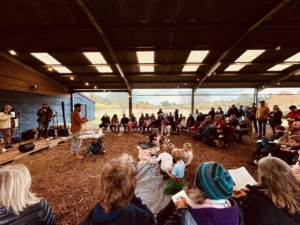
Permission to pilot
After conversations with the Bishop’s staff in 2021, the Garden was adopted into the diocesan Church Planting and Revitalisation programme. Rather than restrict us, this partnership gave us freedom to learn and grow. In May 2024, we received a Bishop’s Mission Order, an encouraging sign of institutional support for organic mission.
Other guiding principles
- Pray: Renewal never happens without it
- Pursue prime: Culture is caught, not taught. Live your values
- Release: Empower each person to respond to their context
- Balance: Flexibility and structure help others grow and join in
Return to our roots: We are rooted in Jesus, his word, his Spirit, and his mission. In Anglican contexts, we’re also grounded in creeds, doctrines, and articles of the Church of England. These provide a bass line from which the Church can improvise today

